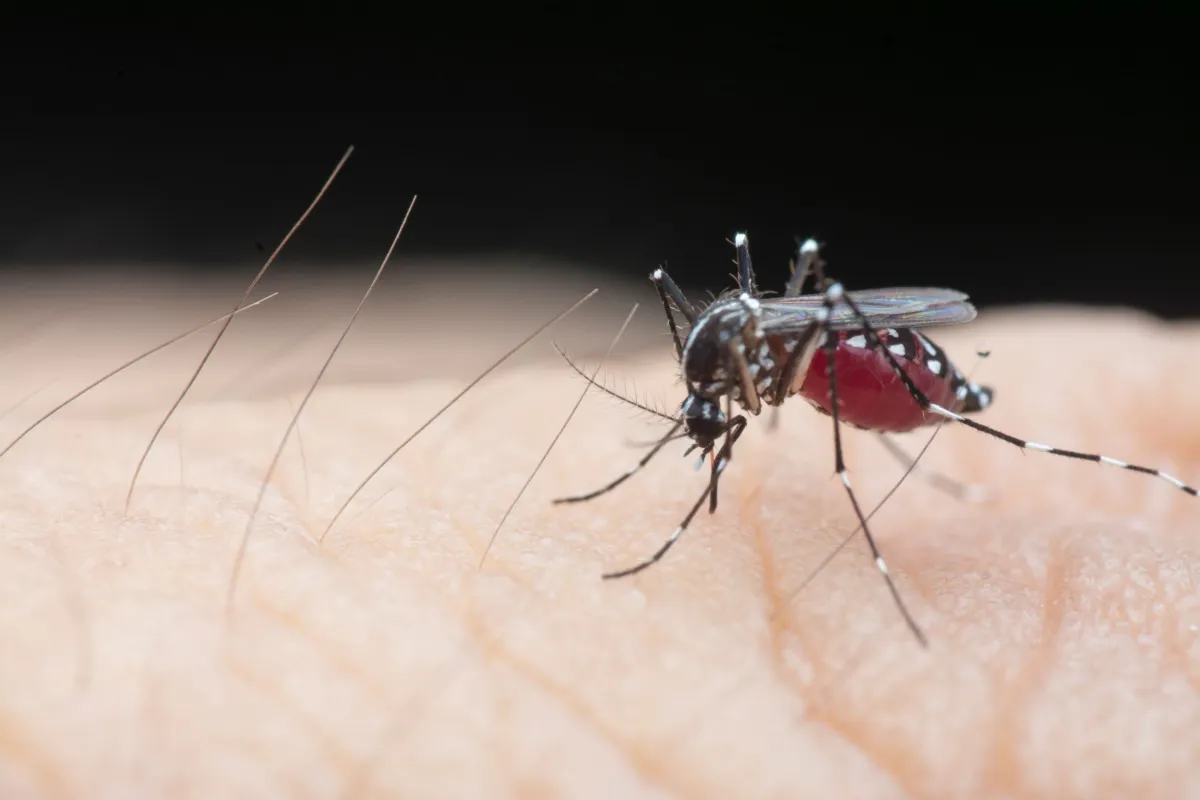A recent analysis conducted by researchers at the University of Notre Dame has revealed that the use of Wolbachia-infected mosquitoes in trials has the potential to significantly reduce the transmission of dengue fever. The study focused on the World Mosquito Program’s randomized control trial of Wolbachia-infected mosquitoes in Indonesia and examined the factors that may have influenced the interpretation of the trial’s results.
Using mathematical models, the researchers analyzed the transmission of the dengue virus during the trial and identified three potential sources of bias: human movement, mosquito movement, and the combined transmission dynamics between humans and mosquitoes. Of these biases, the study found that transmission coupling was the most challenging to account for in the trial’s design and analysis.
The researchers noted that the size of the population receiving the intervention in the trial could affect the amount of bias introduced. In the case of the Indonesia trial, where almost half of the population was treated with Wolbachia mosquitoes, the bias due to transmission coupling becomes particularly significant.
Although the Indonesia trial already showed a 77% reduction in dengue infections, the researchers believe that the results may be underestimated. Recent trials in Colombia using an interrupted time series approach demonstrated a drop in dengue fever incidence by 94% to 97%. This suggests that the efficacy of the Wolbachia approach could be even higher than initially observed.
However, the researchers also caution that the reductions in dengue fever cases may not be sustainable in the long term, as factors such as births, deaths, and immigration can increase susceptibility to the disease and impact case numbers.
The study emphasizes the importance of incorporating transmission dynamic modeling in the design and interpretation of future trials for vector-borne diseases. The researchers believe that this approach will help researchers better understand the true impact of interventions and improve the efficacy of vector-control methods.
These findings have broader implications for other vector-control methods, such as gene drive mosquitoes or ivermectin as interventions against malaria. By considering the potential biases and using transmission dynamic modeling, researchers can gain a clearer understanding of the effectiveness of these interventions in real-world scenarios.
The results of this study provide further evidence of the promising potential of Wolbachia-infected mosquitoes in the fight against dengue fever. Continued research and implementation of these interventions could significantly reduce the burden of the disease and improve public health outcomes in dengue-endemic regions.
Note:
- Source: Coherent Market Insights, Public sources, Desk research
- We have leveraged AI tools to mine information and compile it



